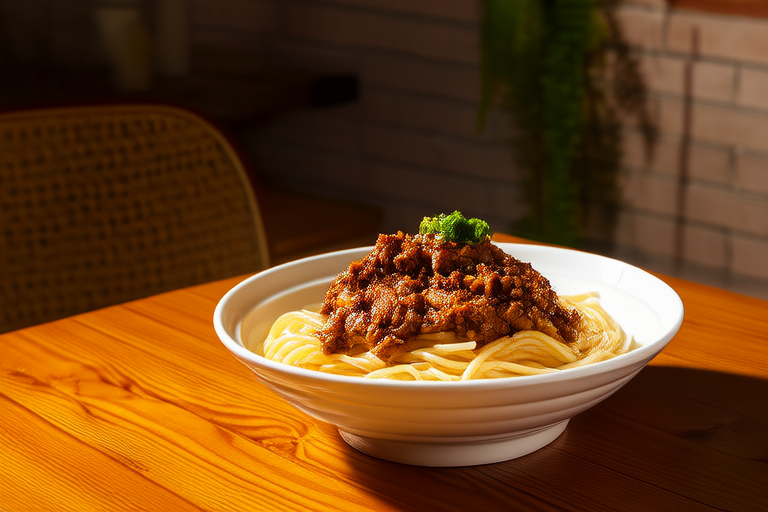Savor the Trip: How Food Enriches Your Travel Experience

Savor the Trip: How Food Enriches Your Travel Experience
Travel is not just about seeing new sights or visiting famous landmarks; it’s also about experiencing the world through its flavors. Food is more than just sustenance—it is a gateway to understanding local culture, traditions, and history. It can make or break a trip, and travelers who embrace local cuisine often have richer, more memorable journeys. This article explores how food enhances your travel experience, offering insights into regional cultures, historical contexts, and the joy of discovery.
Tasting Local Dishes: A Path to Connection
Tasting local dishes helps travelers connect with the people and places they visit. Certain foods are deeply tied to specific regions or cultures, offering a window into the daily lives and histories of those who prepare and consume them. The emotional and sensory experiences that come from trying unfamiliar dishes can be profound, creating lasting memories and bonds.
For example, in Italy, pasta dishes vary significantly from region to region, each telling a unique story about the local agriculture, climate, and traditions. In Tuscany, hearty soups and robust breads reflect the region’s agricultural heritage, while in Sicily, the influence of Arab and Greek invaders is evident in dishes like arancini and cannoli. These culinary differences highlight the diversity within Italy and help travelers understand the country’s rich tapestry of cultures.
Anecdotes of travelers forming lasting bonds with locals over meals are not uncommon. Many report that sharing a meal is a powerful way to break down barriers and foster connections. Whether it’s sitting at a bustling market stall or joining a family for dinner, food provides a common ground where conversations flow freely, and stories are shared.
Food as a Window into History and Cultural Heritage
Traditional recipes have been passed down through generations, reflecting the social, economic, and political contexts of a place. They often tell a story about the region’s past, offering insights into its history and cultural heritage. For instance, in Mexico, mole sauces are complex mixtures of chilies, spices, and chocolate, symbolizing the fusion of indigenous and Spanish influences during colonial times. Each ingredient in a mole dish represents a different aspect of Mexico’s history, from the pre-Columbian era to the present day.
Similarly, in Japan, sushi has evolved over centuries, reflecting changes in fishing techniques, trade routes, and dietary preferences. From the simple rice and fish combinations of Edo period (1603–1867) to the elaborate creations seen today, sushi tells the story of Japan’s transformation from a closed society to a global powerhouse. By exploring these traditional dishes, travelers gain a deeper appreciation for the places they visit.
Enhancing the Travel Experience Through Culinary Exploration
Discovering hidden gems like local markets, street food stalls, or family-run restaurants can greatly enhance the overall travel experience. These places offer immersive experiences that go beyond typical sightseeing, allowing travelers to engage with the community in meaningful ways. Food tours and cooking classes provide opportunities to learn about local ingredients, preparation methods, and cultural significance.
Stepping out of one’s comfort zone and trying new things is essential for a truly enriching travel experience. Whether it’s sampling exotic fruits, experimenting with unfamiliar spices, or mastering a new cooking technique, embracing culinary adventures opens doors to new perspectives and personal growth. The joy of discovering a favorite dish or learning a secret recipe can create lasting memories that enhance the entire journey.
Ethical Considerations in Food Tourism
As food tourism continues to grow, it’s important to consider the ethical implications of our culinary explorations. Supporting sustainable practices and respecting local customs are crucial for ensuring that food tourism remains beneficial for all involved. Travelers should seek out authentic experiences while being mindful of environmental impacts and cultural preservation.
To support local businesses and avoid tourist traps, travelers can research ahead of time and ask for recommendations from locals. Choosing small, family-owned establishments over large chains ensures that money spent goes directly to the community. Additionally, being respectful of local customs and traditions, such as dining etiquette or religious restrictions, shows appreciation for the host culture.
Conclusion
In summary, food is an essential part of travel, enriching both the physical and emotional aspects of a journey. By embracing local cuisine, travelers gain a deeper understanding of the places they visit, connecting with the people and cultures that make each destination unique. Whether through shared meals, culinary explorations, or immersive experiences, food provides countless opportunities for personal growth and connection.
As you plan your next trip, approach it with an open mind and appetite for culinary adventure. Let food guide you through the landscapes, histories, and traditions of the world, savoring every bite along the way. By doing so, you’ll create unforgettable memories and enrich your travels in ways you never thought possible.